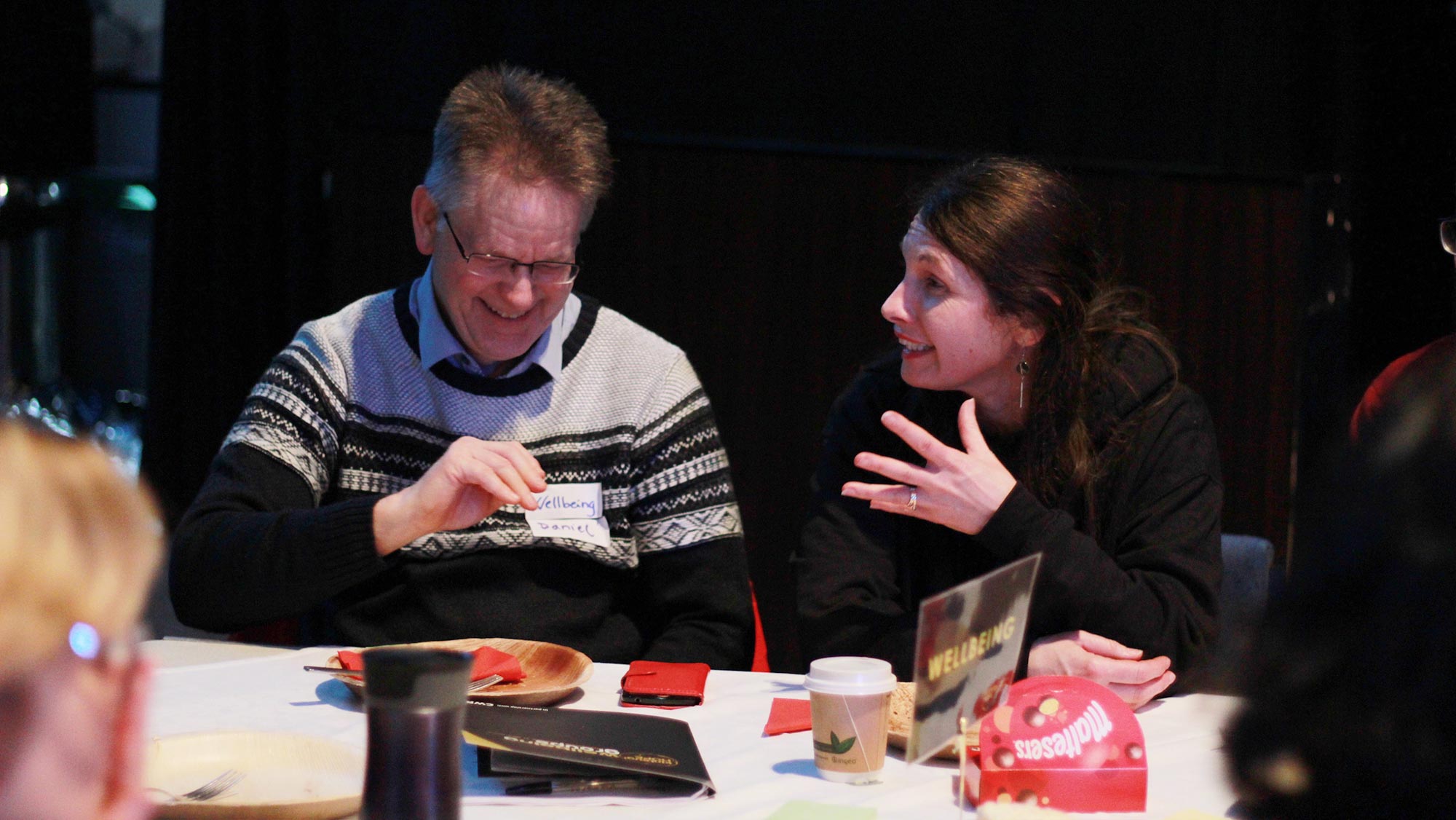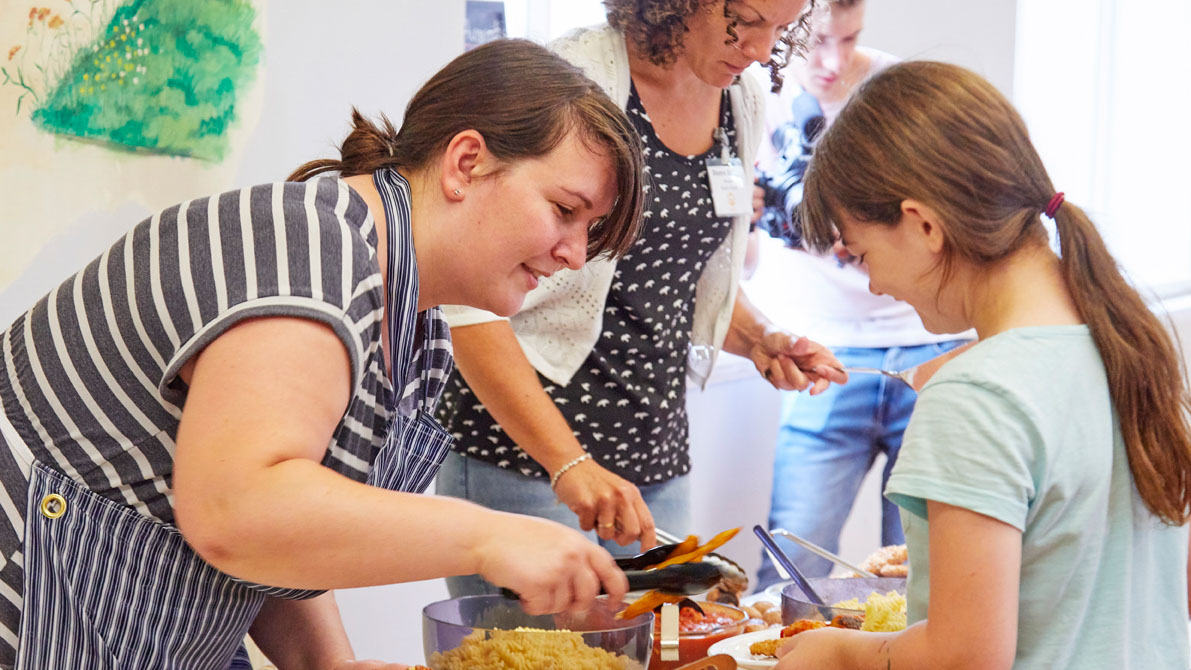In 2020, Benefact Trust awarded Plunkett Foundation over £200,000 to support more community-owned businesses to open in churches across the UK.
National charity, Plunkett Foundation, has been working alongside Benefact Trust to provide the resources needed to encourage and facilitate churches to work closely with their wider community so that more new community-owned and run businesses can co-locate and operate within their premises.
The major funding boost has enabled Plunkett to provide a specialist support service to provide the bespoke advice needed to encourage new community businesses to thrive in places of worship.
In addition to helping communities develop new services where there is a proven need, community businesses also help to address a range of issues including isolation, loneliness, wellbeing, and a lack of work and training opportunities.
One of the biggest challenges facing community businesses is the availability of suitable premises. Plunkett is leading on a wider ‘Places of Worship Campaign’ which aims to highlight the further potential of faith buildings to host these businesses.
Community-owned and run businesses, such as libraries, shops and cafes, are already operating in a number of churches across the country, including Grindleford Community Shop, Derbyshire and Yarpole Community Shop & Café, Herefordshire.
Big business so far!
Two years into the project, Plunkett has seen a huge demand for its support with over 117 enquiries from groups looking at co-locating a community business in an active place of worship. This is over 150% of the total target of 75 enquiries. Plunkett estimates that the 117 enquiries received could go on to provide access to key services for over 117,000 people.
Benefact Trust funding has enabled Plunkett to demonstrate to communities across the UK, both in-person and online, how innovative use of church buildings can help to create resilient, thriving, and inclusive communities.
As awareness of the co-location model continues to increase thanks to Plunkett Foundation’s outreach work, it is fast becoming the go-to organisation for early-stage advice for community-owned businesses and places of worship looking to explore collaboration.
In year two alone, 20 groups have received tailored business support and advice, and five groups received grants towards initial exploration and feasibility costs. Online events and webinars have been hosted throughout the year and a range of resources have been produced to support churches and businesses.
Although there have been some great successes, there was a notable dip in confidence from community groups at the point when the project was expected to be accelerating. This was likely due to hesitance to engage post lockdown, and the challenges society has faced ever since.
The blueprint for 2023
Setbacks aside, 2023 holds big plans for the project. Plunkett will continue to deliver advice and support through its advisory service and adviser network and will offer additional inspirational webinars for groups exploring the model. Plunkett will also continue to deliver a small grants programme to help community businesses and churches with start-up costs.
In addition to the resources created over the course of the project, Plunkett Foundation has identified some key tools useful to early-stage groups exploring co-location in churches, including examples of business plans for setting up in places of worship.
If your church means business, find out more about how the Plunkett Foundation can help: https://plunkett.co.uk/advice-grants-to-bring-churches-community-businesses-together/
.






